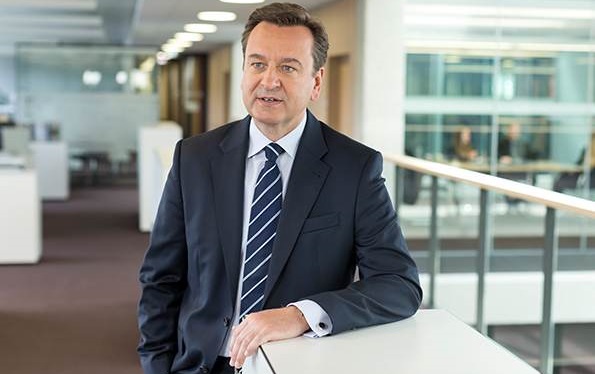Calls for property reinsurance price reductions ‘asymmetric’, Munich Re CEO tells the FT
- October 3, 2025
- Posted by: Luke Gallin
- Category: Insurance

In an interview with the Financial Times (FT), Joachim Wenning, CEO of global reinsurer Munich Re, described calls for property reinsurance rate cuts as “asymmetric”, suggesting that reinsurers will hold firm ahead of the 1.1 2025 renewals as the market continues to catch up on the poor returns achieved during cat-hit years.
Wenning’s interview with the FT follows the 66th annual meeting of the reinsurance industry in Monte Carlo, during which rates, terms and conditions and structures were key themes.
Profits were high for reinsurers in 2023 after significant price rises and structural changes to programmes, notably higher attachment points as sellers moved away frequency events and aggregate covers amid persistently elevated losses from so-called secondary perils, such as floods, severe convective storms, and wildfires.
The strong performance has been maintained in 2024, with reinsurers such as Munich Re reporting impressive half-year results, and it’s expected that full-year 2024 results will be really solid, absent a truly remarkable year for insured losses.
As we heard in our discussions with companies at RVS 2024, reinsurers are expected to remain disciplined and not give up any of the structural changes achieved in 2023, meaning primary insurers are going to have to adjust to retaining more risk from these secondary peril events.
Price is an area that buyers are hoping will be more favourable at the upcoming renewals, but in his interview with the FT, Wenning dismissed calls for reductions in the property space.
“I never hear the opposite of these statements, when the market cycle is a little bit softer, that they say: give the reinsurers a little more, they deserve it, because they don’t make enough money. This is very asymmetric, this is noise, this is nonsense,” said Wenning.
The CEO explained to the FT that the reinsurance sector is still making up for the cat-hit years of 2017-2022, during which reinsurers struggled and the industry consistently failed to earn its cost of capital amid high claims costs.
According to Wenning, if primary insurers feel reinsurance is too costly, they should simply buy less cover. Of course, purchasing less cover and retaining more risk is one option, as is raising prices for consumers.
Wenning told the FT that it will become more difficult for consumers to find affordable property insurance in areas prone to natural catastrophes, adding that climate change will likely continue to drive up insured losses, which in turn makes coverage more expensive.
“It will be harder for corporates and for private households to pay for it. It’s not a systematic impossibility, it just becomes more expensive,” he said to the FT.
One of the drivers of higher annual insured loss totals is the fact people continue to live in areas highly susceptible to nat cats, whether that be wildfires, hurricanes, floods and so on.
But according to Wenning, if you live somewhere deemed high risk then you should simply pay more for protection.
As well as rates, the FT questioned Wenning on Munich Re’s high solvency ratio of 287% in H1 2024, particularly whether there’s plans to deploy any excess capital.
Interestingly, the CEO suggested that more M&A could be an option in areas like US specialty insurance and the expansion of ERGO, the firm’s primary insurance arm.
“Systematically, proactively we might look into which [companies] would fit into our roster,” explained Wenning, noting that transactions between €1 billion to €5 billion would be realistic.
This website states: The content on this site is sourced from the internet. If there is any infringement, please contact us and we will handle it promptly.



